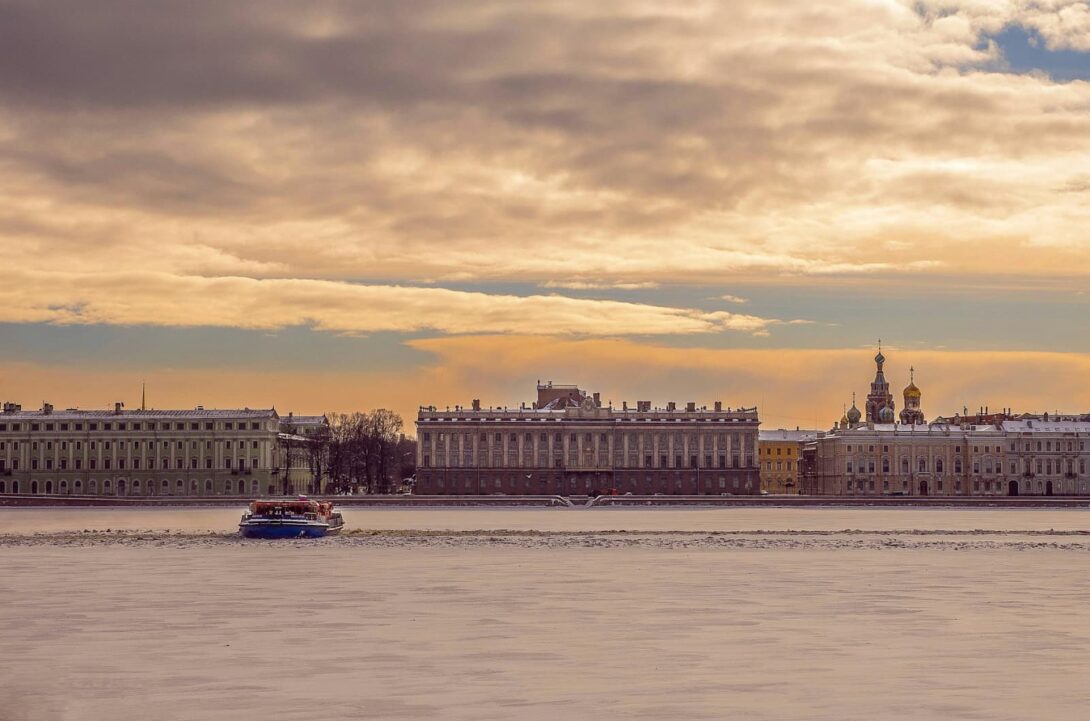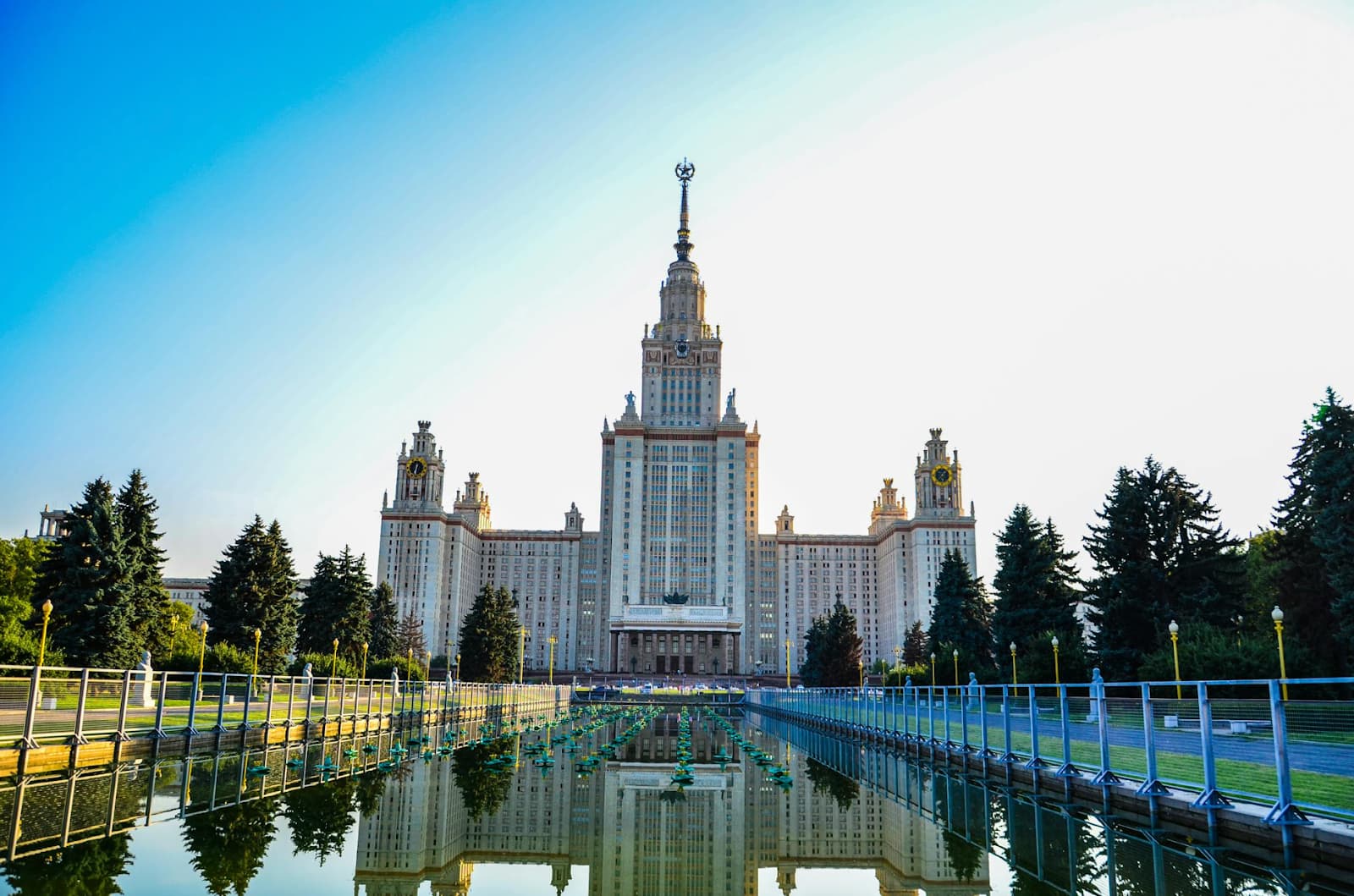Russian universities have long been a hub for international students seeking quality education, unique cultural experiences, and affordable tuition fees. Over the years, the role of international students in Russia’s higher education system has grown significantly, enriching the academic environment and fostering cultural exchange.
1. Attracting International Talent
Russia has positioned itself as an attractive destination for students from around the world. With over 300,000 international students enrolled annually, Russian universities are increasingly recognized for their strong academic programs in engineering, medicine, physics, and the arts. The country offers scholarships such as the “Government of Russia Scholarships,” making higher education accessible for students from diverse socioeconomic backgrounds.
Additionally, Russia’s participation in initiatives like the Bologna Process aligns its academic standards with European systems, enabling easier recognition of Russian degrees internationally. This alignment attracts students who aspire to gain a globally recognized education while immersing themselves in a rich cultural heritage.
2. Contributions to Academic Diversity
International students bring a wealth of perspectives to Russian universities, fostering an environment of academic diversity. Their presence enriches classroom discussions, enhances cross-cultural understanding, and introduces innovative ideas. In fields like science, technology, and humanities, the diverse backgrounds of international students contribute to collaborative research that spans global issues.
Moreover, many international students pursue postgraduate studies, contributing to cutting-edge research projects and bolstering Russia’s reputation in the global academic community. Their involvement in research not only benefits the universities but also advances knowledge in critical areas like healthcare, sustainable development, and artificial intelligence.
3. Enhancing Cultural Exchange
International students play a pivotal role in fostering cultural exchange within Russian universities. Through student-led cultural events, language exchange programs, and collaborative projects, they introduce their peers to different traditions, cuisines, and worldviews. This cultural interaction helps break down stereotypes and builds mutual respect among students from various backgrounds.
Many universities host international festivals and themed days where students can showcase their cultures. These events serve as a platform for dialogue and understanding, creating a vibrant campus atmosphere that benefits both local and international students.
4. Economic and Diplomatic Impact

The influx of international students also has significant economic and diplomatic implications. Tuition fees from international students contribute to the funding of universities, allowing them to invest in infrastructure, research facilities, and faculty development. Additionally, the presence of international students helps boost local economies through their spending on accommodation, food, and other living expenses.
Diplomatically, the relationships formed during their time in Russia often lead to long-term collaborations. Many international students return to their home countries as cultural ambassadors, fostering strong ties between Russia and other nations. This “soft power” dynamic strengthens Russia’s global presence and promotes international cooperation.
5. Language as a Bridge and Barrier
Language plays a dual role in the experience of international students in Russia. For many, studying in Russian is an opportunity to learn one of the world’s most widely spoken languages and gain access to a unique cultural and literary tradition. Russian universities offer preparatory language courses to help students adapt, and many programs are now available in English to accommodate non-Russian speakers.
However, language barriers remain a challenge for some international students. Difficulty in mastering Russian can hinder academic performance and limit social interactions, making it crucial for universities to provide robust language support and integration programs.
6. Challenges Faced by International Students
Despite their contributions, international students face various challenges in Russian universities. Adapting to a new education system, dealing with bureaucracy, and navigating cultural differences can be daunting. Financial constraints are also a concern for students who do not receive scholarships, as they must manage tuition fees and living expenses.
Social integration can be another obstacle. While some students build strong connections with their Russian peers, others may feel isolated due to cultural or linguistic barriers. Universities must address these issues by promoting inclusivity and offering support services such as counseling, mentorship, and intercultural training.
7. Support Systems for International Students
Recognizing these challenges, many Russian universities have established support systems to ensure the success of their international students. Dedicated international offices assist with visa processing, accommodation, and academic advising. Orientation programs and student ambassadors help newcomers navigate campus life and connect with their peers.
Additionally, some universities have created student organizations specifically for international students. These groups provide a sense of community, advocate for student needs, and organize events that celebrate diversity.
8. The Future of Internationalization in Russian Higher Education
The presence of international students is integral to the future of Russian higher education. As globalization continues to shape the academic landscape, Russian universities are making efforts to further internationalize their campuses. This includes expanding partnerships with foreign institutions, increasing the number of English-language programs, and enhancing online learning opportunities for students worldwide.
Russia’s focus on internationalization also aligns with its broader geopolitical goals. By attracting and retaining global talent, Russian universities aim to strengthen their position in international rankings and contribute to the country’s economic and intellectual growth.
Conclusion
International students play a vital role in Russian universities, contributing to academic excellence, cultural diversity, and economic development. Their presence enriches the educational experience for all and builds bridges between nations. While challenges remain, the growing focus on support and integration reflects the commitment of Russian universities to fostering a global academic community. As Russia continues to embrace internationalization, the role of international students will undoubtedly expand, shaping a more interconnected and inclusive future for higher education.




